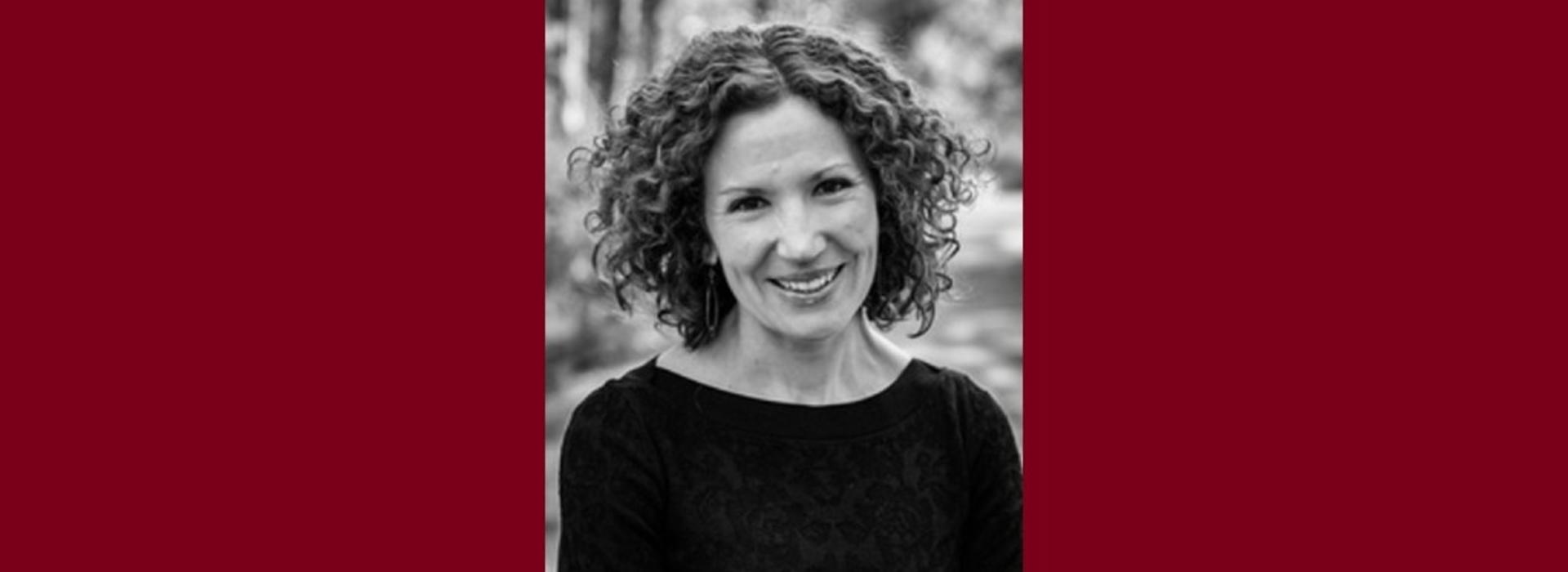
U of M Medical School assistant professor, research team awarded $1 million grant to improve access to legal advocacy for rural and Indigenous communities
MINNEAPOLIS/ST. PAUL (09/21/2023) — Michele Statz, PhD, an assistant professor at the University of Minnesota Medical School, Duluth Campus and affiliated faculty with the University of Minnesota Law School’s Human Rights Center, and her research team have been awarded a $1 million grant from the National Science Foundation’s CIVIC Innovation Challenge to improve access to civil justice for rural and Indigenous communities in Alaska. The research team aims to develop a model that can be replicated in other communities across the country.
The “Bridging the Rural Justice Gap: Innovating & Scaling Up Civil Access to Justice in Alaska” project is a collaboration between the U of M Medical School, Alaska Legal Services Corporation (ALSC) and the American Bar Foundation.
The project will focus on addressing the problem of access to justice through the Community Justice Worker (CJW) program—a service delivery model that trains trusted, culturally representative community workers and others already embedded in rural and remote areas across Alaska to provide critical legal advocacy.
“When we think about the enormous financial, health and well-being implications of having an unaddressed civil legal issue, it’s clear that they’re never exclusively ‘legal’ problems,” said Dr. Statz, principal investigator and ABF Affiliated Scholar. “This absolutely changes the way we have to think about them, especially in rural areas where there are very few, if any, attorneys. I’m thrilled to be a part of an initiative that meaningfully honors and brings together the expertise of local stakeholders, community members, researchers and diverse professionals.”
Starting in October, the research team will:
- Develop culturally responsive training, supervision and credentialing processes for Community Justice Workers;
- Develop best practices for workforce development, recruiting and retaining Community Justice Workers;
- Evaluate short- and long-term sustainability models for justice work infrastructure; and
- Produce a framework for community-engaged research and evaluation.
The co-principal investigators on this project are Matthew Burnett, senior program officer for the Access to Justice Research Initiative at the American Bar Foundation and Nikole Nelson, executive director of Alaska Legal Services Corporation. The project was previously awarded a Stage 1 Planning Grant from the CIVIC Innovation Challenge, and is one of only 19 teams selected to receive a Stage 2 Grant to fund their project over one year.
###
About the University of Minnesota Medical School
The University of Minnesota Medical School is at the forefront of learning and discovery, transforming medical care and educating the next generation of physicians. Our graduates and faculty produce high-impact biomedical research and advance the practice of medicine. We acknowledge that the U of M Medical School, both the Twin Cities campus and Duluth campus, is located on traditional, ancestral and contemporary lands of the Dakota and the Ojibwe, and scores of other Indigenous people, and we affirm our commitment to tribal communities and their sovereignty as we seek to improve and strengthen our relations with tribal nations. For more information about the U of M Medical School, please visit med.umn.edu.